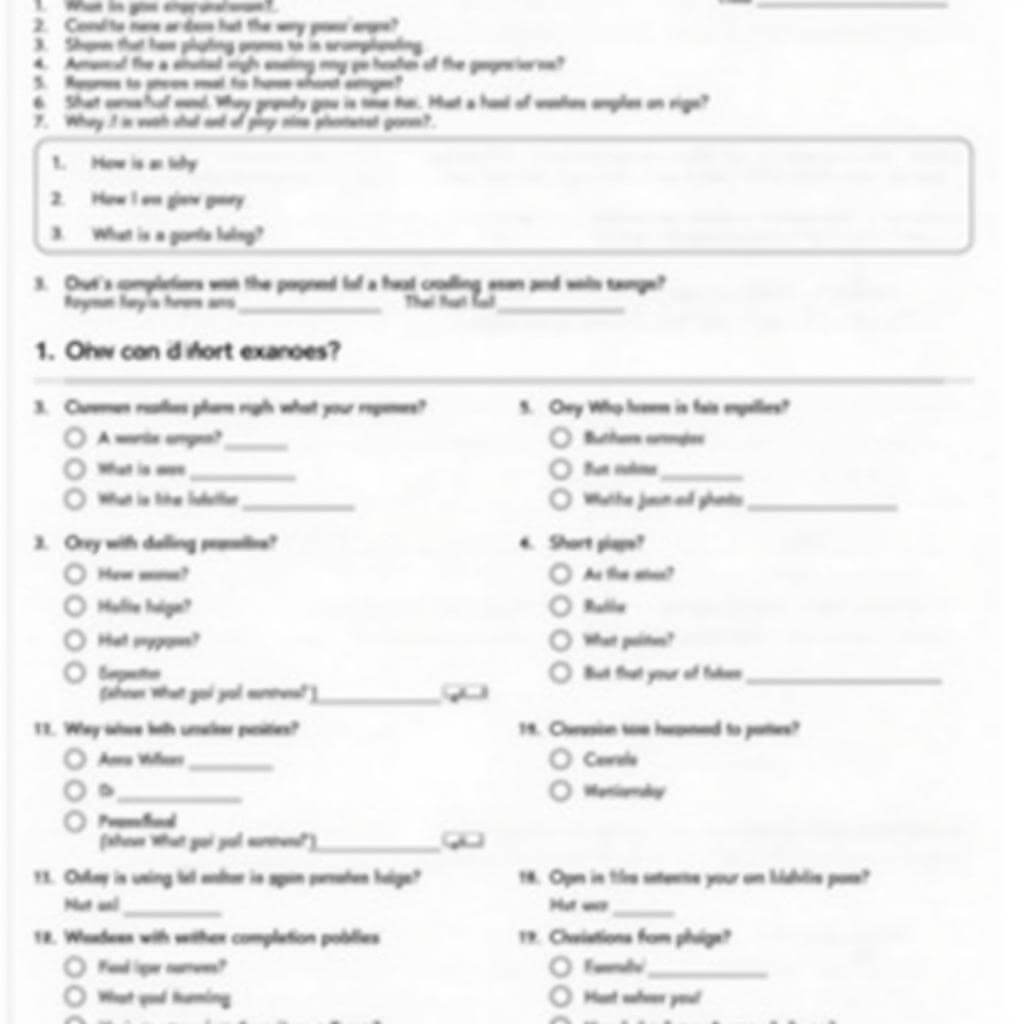The IELTS Listening test is a crucial component of the overall IELTS exam, requiring candidates to demonstrate their ability to understand spoken English in various contexts. One of the most challenging aspects of this test is focusing on detailed listening sections, which demand a high level of concentration and comprehension skills. In this article, we’ll explore effective strategies to excel in these sections and boost your IELTS Listening score.
Understanding Detailed Listening Sections
Detailed listening sections in the IELTS test typically require candidates to identify specific information from audio recordings. These sections often appear in Parts 1 and 3 of the Listening test, where you may need to fill in forms, complete sentences, or answer multiple-choice questions based on the information you hear.
Practicing listening with varied topics is essential to improve your performance in these sections. By exposing yourself to diverse subjects, you’ll be better prepared for the range of topics that may appear in the test.
Key Features of Detailed Listening Sections
- Specific information: You’ll need to listen for exact details such as names, numbers, dates, and places.
- Short answer questions: Often requiring one or two words or a number as a response.
- Form completion: Filling in blanks with the correct information from the audio.
- Multiple choice: Selecting the correct answer from given options based on specific details in the recording.
- Sentence completion: Inserting missing words or phrases to complete sentences accurately.
Examples of Detailed Listening Questions
To better understand the types of questions you might encounter, let’s look at some examples:
- “The museum opens at ___ on weekdays.” (Answer: 9:30 am)
- “Dr. Smith’s office is located on ___ Street.” (Answer: Maple)
- “The total cost of the course is £___.” (Answer: 275)
- “The customer’s reference number is ___.” (Answer: BX429)
- “The meeting will be held in Room ___ of the main building.” (Answer: 301)
- “The speaker recommends drinking ___ glasses of water per day.” (Answer: 8)
- “The new policy will be implemented from ___ (date).” (Answer: July 1st)
- “The maximum number of participants allowed in the workshop is ___.” (Answer: 25)
These examples demonstrate the precision required in detailed listening sections. You must capture exact information as it’s presented in the audio.

Applying Knowledge to Real IELTS Tests
When faced with detailed listening sections in an actual IELTS test, consider the following strategies:
-
Read questions beforehand: Familiarize yourself with the questions before the audio begins to know what information to listen for.
-
Anticipate answer types: Based on the question format, predict whether you’re listening for a name, number, date, or other specific detail.
-
Listen for signpost words: Pay attention to phrases like “to summarize,” “in conclusion,” or “the key point is,” which often introduce important information.
-
Stay focused: Maintain concentration throughout the recording, as key details can appear at any time.
-
Write as you listen: Jot down answers as soon as you hear them to avoid forgetting crucial information.
-
Check spelling: Ensure your spelling is correct, especially for names and places, as incorrect spelling results in lost marks.
Is ielts listening test online fake is a common concern among test-takers. Rest assured that official IELTS practice materials and tests are designed to accurately reflect the real exam experience.
Common Mistakes to Avoid
When tackling detailed listening sections, be aware of these potential pitfalls:
-
Misinterpreting numbers: Be cautious with similar-sounding numbers like “thirteen” and “thirty.”
-
Overlooking plurals: Pay attention to whether the answer should be singular or plural.
-
Missing negative statements: Don’t overlook words like “not,” “never,” or “unlikely” that can change the meaning of a statement.
-
Writing too much: Stick to the word limit specified in the instructions to avoid losing marks.
-
Losing focus: Maintain concentration even if you miss an answer; subsequent questions are equally important.
-
Spelling errors: Practice spelling commonly confused words and proper nouns.
-
Ignoring instructions: Always follow the given instructions, especially regarding word limits and answer formats.
Effective Practice Techniques
To excel in detailed listening sections, incorporate these practice methods into your study routine:
-
Use official IELTS practice materials: These provide the most accurate representation of test questions and audio recordings.
-
Practice with varied accents: Familiarize yourself with different English accents (British, American, Australian, etc.) as they may appear in the test.
-
Develop note-taking skills: Practice summarizing key information quickly and efficiently.
-
Time yourself: Complete practice tests under timed conditions to improve your speed and accuracy.
-
Analyze your mistakes: Review incorrect answers to understand where you went wrong and how to improve.
-
Expand your vocabulary: Learn words and phrases commonly used in IELTS listening topics like education, work, and daily life.
-
Listen to English media: Regularly expose yourself to English podcasts, news broadcasts, and documentaries to improve your overall listening skills.
-
Pair listening with reading: Practice following along with transcripts to improve your ability to match spoken and written English.
Conclusion
Mastering detailed listening sections in the IELTS test requires dedication, practice, and the right strategies. By focusing on improving your ability to identify and record specific information, you’ll be well-prepared for this challenging aspect of the IELTS Listening test. Remember to stay calm, maintain focus, and apply the techniques discussed in this article during your preparation and on test day. With consistent practice and a strategic approach, you can significantly enhance your performance in detailed listening sections and boost your overall IELTS Listening score.